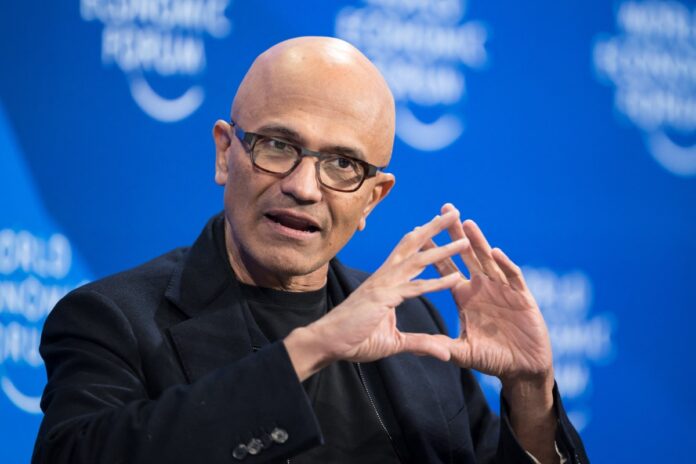OpenAI announced Monday that the U.S. Department of Defense awarded it a contract worth up to $200,000,000 to help the agency identify, build prototype systems using its frontier models to perform administrative tasks. OpenAI gives a few examples
of possible tasks, including helping service members receive healthcare, streamlining data for various programs, and supporting “proactive cyber defense”. The company also stated that “All usage cases must be consistent[with OpenAI’s]usage policies and guidelines.” The announcement says: “Under this award the performer will be developing prototype frontier AI capabilities in order to address critical national-security challenges in both the warfighting domain and enterprise domain.” OpenAI’s guidelines prohibit individual users from using ChatGPT or its apis to develop weapons. OpenAI removed the explicit prohibitions against “military or warfare” from its terms of service in January 2024.
Given the warnings from some powerful people in Silicon Valley about the dangers of China’s advanced LLM model, it’s no surprise that the DoD wants OpenAI to be used for whatever purpose it wants. Marc Andreessen is the co-founder of VC company Andreessen Horowitz and an OpenAI investor. He appeared on Jack Altman’s “Uncapped”podcast (Jack Altman is Sam Altman’s brother). Andreessen called the race between China AI and Western models a “cold-war.”
Yet, this announcement may be equally interesting for what it says about OpenAI’s increasingly strained relationships with its major shareholder Microsoft. Microsoft has a number of contracts worth hundreds of millions with the federal government. It has been implementing strict security protocols for the government, especially the DoD, to use its cloud for decades.
OpenAI said this deal was part of its broader “OpenAI for Government”which consolidates a variety of other programs that it uses to sell wares to government agencies including the U.S. National Labs and Air Force Research Laboratory. NASA, NIH and the Treasury are also included.
However, it was not until April that Microsoft announced that all classified levels of the DoD had approved Azure OpenAI Service. Now, the DoD has also gone straight to the source. Microsoft’s point of view: Ouch.
Microsoft refused to comment, and OpenAI didn’t respond to a comment request.


